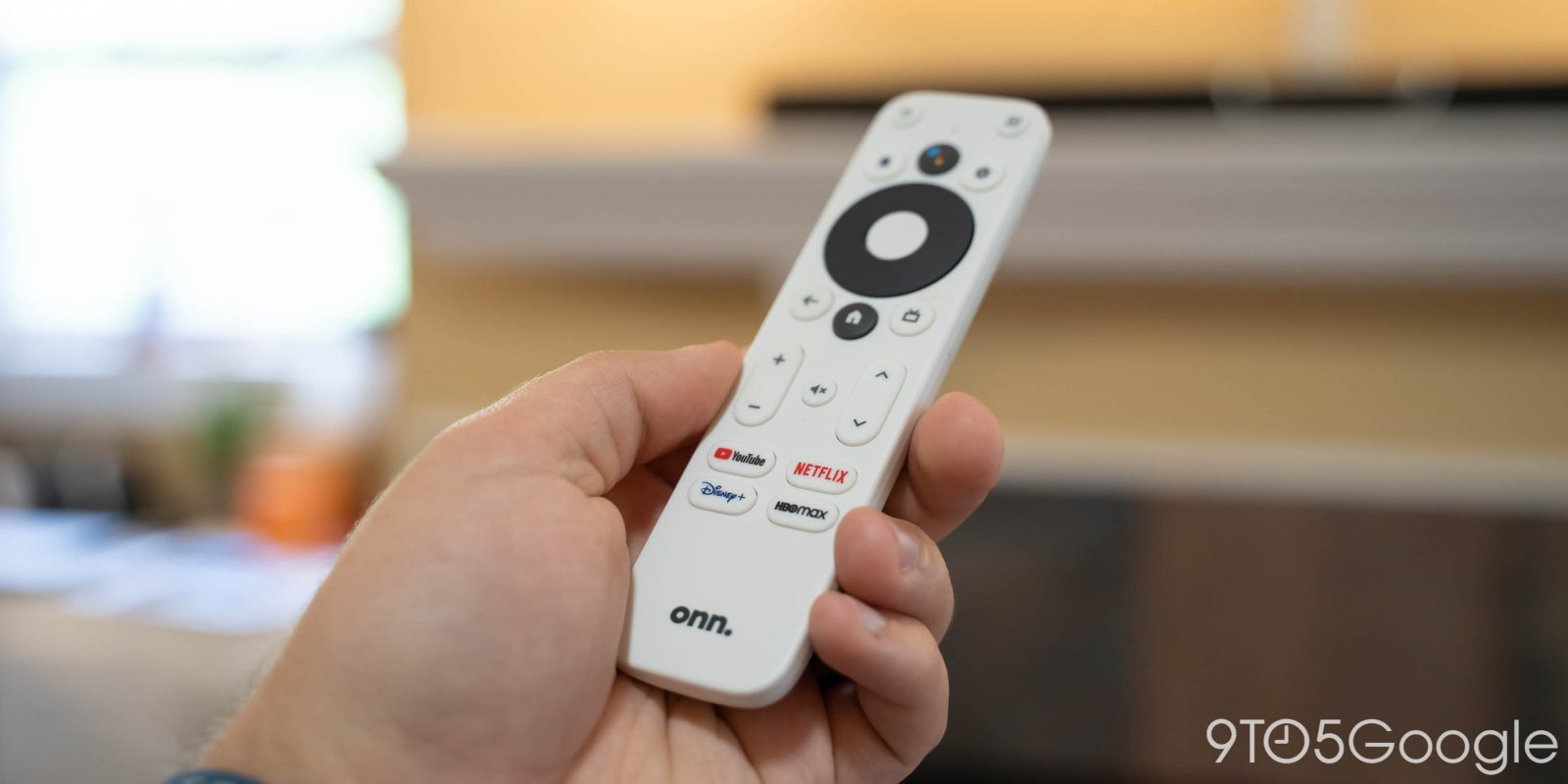
Google has revealed that the memory requirements for Android TV are going down, with new devices needing just 1GB of RAM to run the platform.
Android TV exists in two forms – the Android TV experience that launched in 2014 as well as the Google TV experience that launched in 2020. Both coexist at this point, though there’s been an obvious shift towards Google TV in recent years. It seems, though, that one reason Android TV may stick around is for very low-end devices, as Google has made some adjustments recently.
In a change submitted to AOSP, Google has lowered the RAM requirement for Android TV to just 1GB, down from the previous 1.5GB requirement. The change was spotted by Android Authority, which cites sources that say Google is working on “optimizations” for Android TV that would improve the experience with this minimal amount of memory.
Devices would be required to have 1GB of RAM for 1080p output and 1.5GB for 4K output, the report says. Meanwhile, Google TV now requires 2GB of RAM.
Lowering these requirements seems to signal that Google wants to keep Android TV around as an option for ultra low-end streaming devices, as opposed to Google TV which is being used across TV sets, the Google TV Streamer, and more. In that capacity, lowering these requirements could make a lot of sense, but whether or not these devices will actually perform in any respectable capacity remains to be seen.
Memory clearly has a major impact on the performance of TV devices, as is clearly seen in the Google TV Streamer. The new set-top box has 4GB of RAM, the most we’ve seen in a mainstream release, and outperforms most other devices in daily use. Even the Shield TV, which has a considerably stronger chipset, doesn’t always feel as fast as the Streamer, in theory due to only having 3GB of RAM. Like Wear OS, which benefitted tremendously when manufacturers started upping the memory allotment, Android TV OS seems to benefit similarly. It seems like… not a great idea to move in the opposite direction, but we’ll have to wait and see how things actually play out.
More on Android TV:
- YouTube for Android TV adds prominent ‘Subscribe’ button to player UI
- Channel 4 app finally comes to Android TV & Google TV
- Nvidia Shield TV gets its first new update in over a year
Follow Ben: Twitter/X, Threads, Bluesky, and Instagram
FTC: We use income earning auto affiliate links. More.



Comments